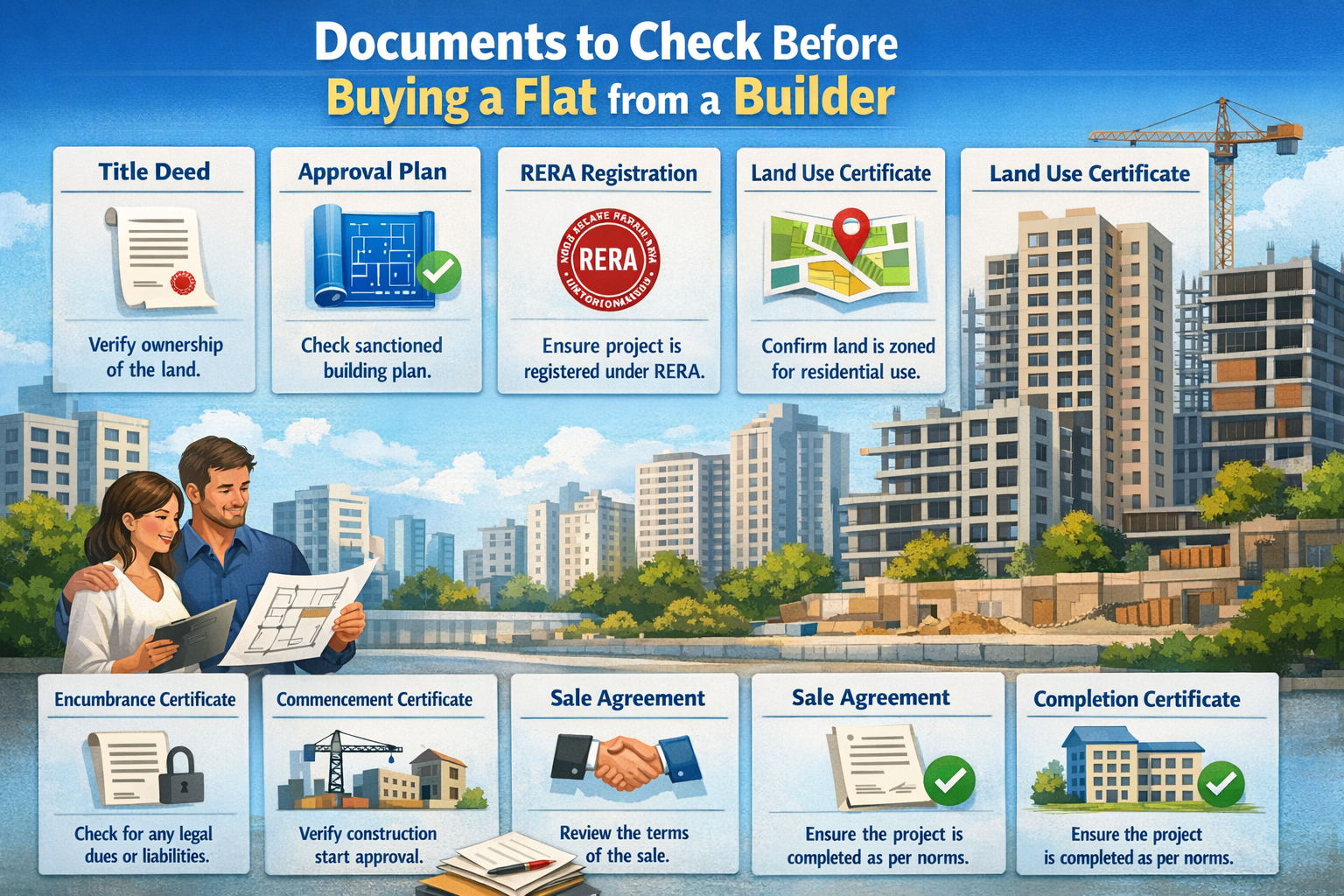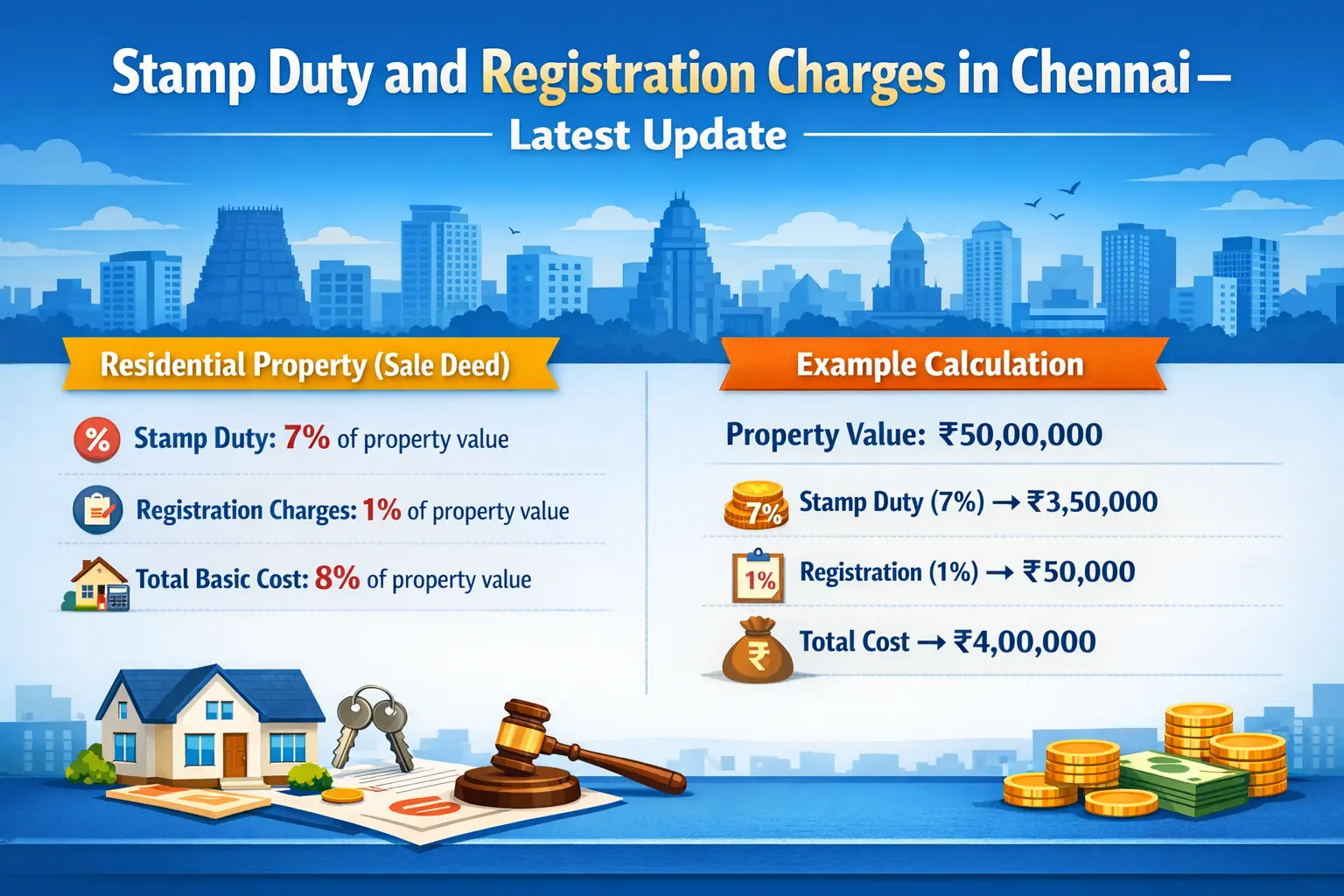Buying property—whether it's a primary residence, a second home, or an investment—is one of the most significant financial decisions you can make. But timing is crucial, and the end of the year (typically October to December) can be a unique period in the real estate cycle.
This guide explores the advantages, challenges, and strategic considerations for buying property at the end of the year in 2025, giving you insights from both a homebuyer’s and an investor’s perspective.
1. Seasonality in the Real Estate Market
Lower Market Activity = Less Competition
One of the most notable trends at the end of the year is a seasonal slowdown. Many people pause their home searches during the holiday season, and families with children tend to move in summer to avoid disrupting the school year.
Impact for buyers:
Less competition means more negotiating power.
You’re less likely to encounter bidding wars.
Sellers might be more motivated to close before year-end.
2. Financial & Tax Advantages
Year-End Tax Benefits
Buying before the end of the year can help you take advantage of certain tax deductions, especially if you're financing your purchase.
Potential tax benefits include:
- Mortgage interest deductions
- Property tax deductions
- Points or loan origination fees
- Closing cost deductions in some cases
For investors:
You may be able to claim depreciation starting this tax year.
Property expenses incurred before year-end may reduce taxable income.
- Note: Always consult a tax advisor for specific advice tailored to your situation.
3. Motivated Sellers & Better Deals
At the end of the year, sellers often want to close quickly to:
- Finalize financial matters for tax reasons.
- Avoid carrying the property through the winter.
- Move before the holidays or start of the new year.
This urgency can translate to:
- Price reductions
- Favorable terms (closing costs covered, flexible closing dates, etc.)
- Incentives for buyers (especially in new construction homes)
4. New Construction & Builder Incentives
Developers often want to clear out inventory by the end of their fiscal year. As a result, you may see:
- Discounted prices
- Upgraded features at no extra cost
- Lower mortgage rates through builder-affiliated lenders
- Home warranties or extended guarantees
This is a particularly good time to negotiate with builders.
5. Job Relocations and Inventory Shifts
Many companies announce job relocations or promotions toward the end of the year. This creates a small spike in listings due to:
- Employees needing to sell quickly.
- Vacant homes hitting the market.
This creates a unique inventory profile:
- Homes priced to move.
- Sellers open to quick closings and creative financing.
6. Weather and Property Inspections
One downside of buying in colder months is that certain inspections (roof, HVAC, landscaping) can be harder to evaluate. For instance:
- Snow or rain may hide roofing or drainage issues.
- Landscaping may look less appealing, hiding grading or soil problems.
Tip: Make sure to get a thorough home inspection and ask for seasonal warranties or disclosures related to summer/winter performance.
7. Interest Rates & Mortgage Environment (2025 Outlook)
As of late 2025, interest rates have stabilized after periods of volatility. While rates are not at historic lows, they are more predictable, helping buyers plan long-term.
Buying at year-end can be a good strategy to:
- Lock in a rate before potential future hikes.
- Refinance later if rates drop.
- Tip for investors: Check cap rates and ROI with current interest rates before committing.
8. For Homebuyers: Is It the Right Time?
- Best for:
- First-time buyers looking for deals.
- Buyers with flexible schedules.
- Those wanting to close before the new year for tax or personal reasons.
- May not be ideal if:
- You need to sell your current home first.
- You're concerned about moving during winter/holidays.
- You rely on school-year timing for kids.
9. For Investors: What to Consider
Pros:
- Motivated sellers = below-market deals
- Less competition from retail buyers
- Year-end tax deductions for depreciation, repairs, etc.
Strategic entry before spring rental or resale markets
Cons:
- Potential for lower rental demand over winter
- May need holding strategy until market picks up in spring
- Difficult to evaluate seasonal income (like Airbnb or vacation rentals)
- Pro Tips for Buying Property at Year-End
- Get Pre-approved Early – Lenders may slow down during the holidays.
- Act Quickly – Deals can go fast as sellers want to close before year-end.
- Negotiate Extras – Ask for closing costs, furniture, or extended warranties.
- Inspect Thoroughly – Winter hides issues, don’t cut corners.
- Use a Local Agent – They'll know if it's truly a buyer’s market in your area.
Conclusion
The end of the year can be an excellent time to buy property, but like all real estate decisions, it depends on your goals, market, and financial readiness.
Whether you're looking for a home or investment, take the time to:
- Understand local market trends.
- Align with your long-term strategy.
- Work with experienced professionals.
With the right approach, buying at the end of the year could be a smart move in 2025.
https://www.livehomes.in/blogs













